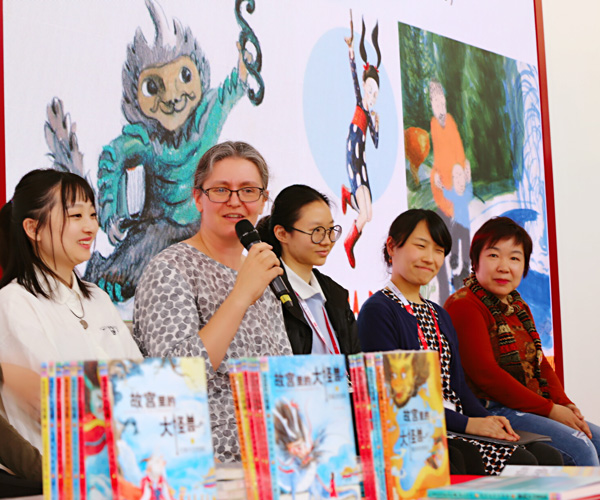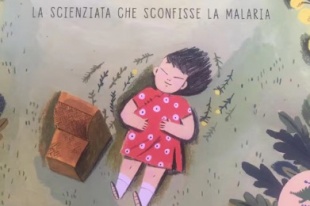Pursuing young readers


She also spoke about the development of children's publishing in China in the last 10 years.
Other than cultural exchanges, a series of events at the fair gave both exhibitors and visitors the opportunity to familiarize themselves with Chinese authors and illustrators.
During some of the symposiums held to introduce publishing trends and to boost cooperation with China, Bai Bing, the editor-in-chief of Jieli Publishing House, one of China's leading publishers of children's books, said the home market is among the world's largest.
"It is open and attractive, and is growing now," Bai says.
Whatever the changes expected to come through the application of big data or high technology in the publishing sector in the future, Bai, a celebrated writer of children's books himself, says good stories will matter.
"With the story, writers should feel for children, show their understanding of humanity and obtain a certain global perspective."
A fan of Chinese culture, who had seen a Monkey King picture book as a child, Lasala wants to respect everything in nature. "We are just passengers on this raft that drifts us into space for the limited amount of time we have," he says.
"Those are basic principles of Chinese culture, some of which we (Westerners) used to share, some of which we lost along the way. I would like to teach my children those things. If kids can imagine a different world, they can make a different world."
He would like to see a world where the newer generations grow up with less stereotyping and less prejudice.
According to Li Xueqian, veteran publisher and former president of China Children's Press and Publication Group, Chinese publishers are emphasizing original ideas. In 2016, 72 percent of the children's books published in China were created by domestic writers and illustrators, while 28 percent were translations of titles bought from abroad.





































